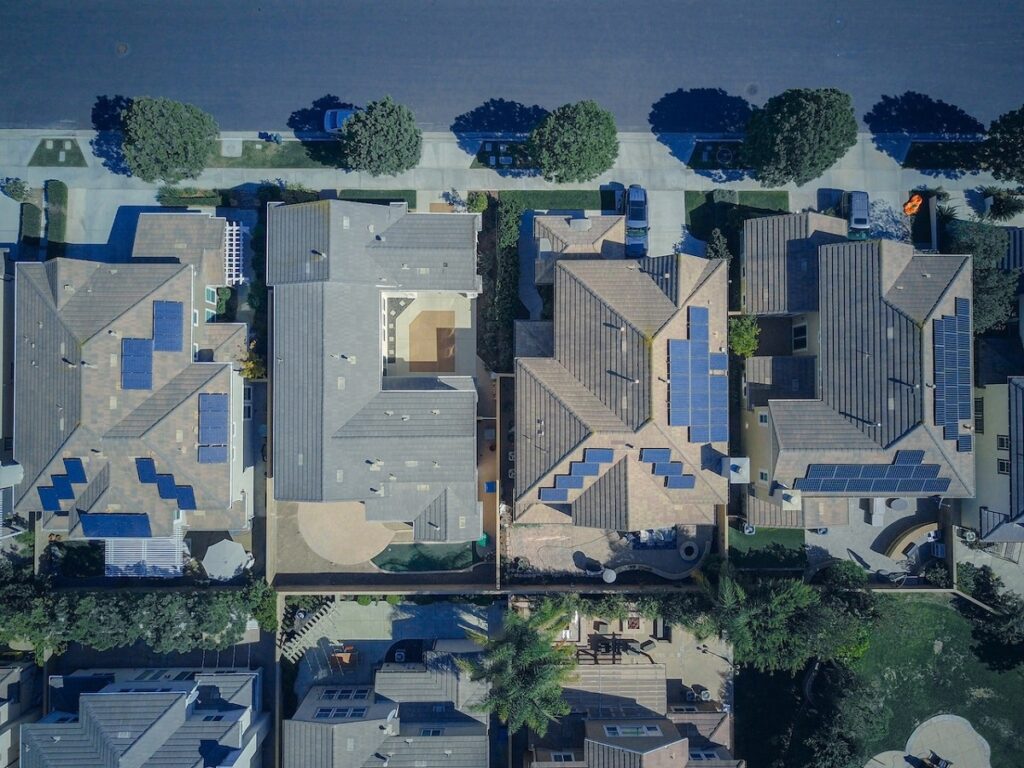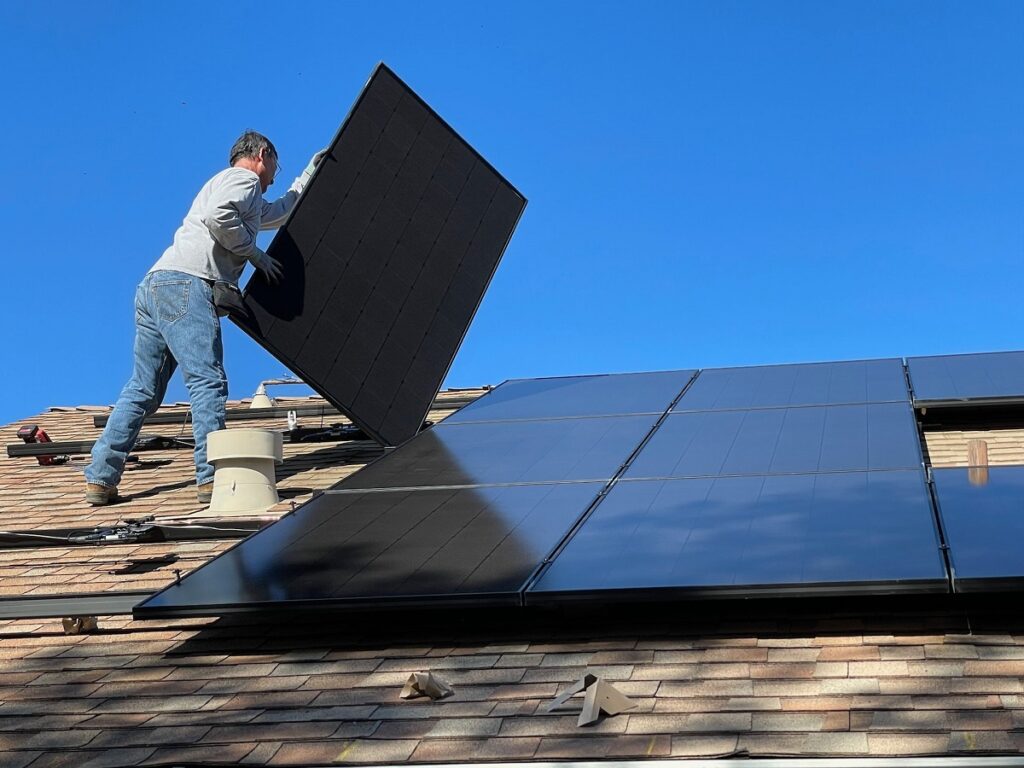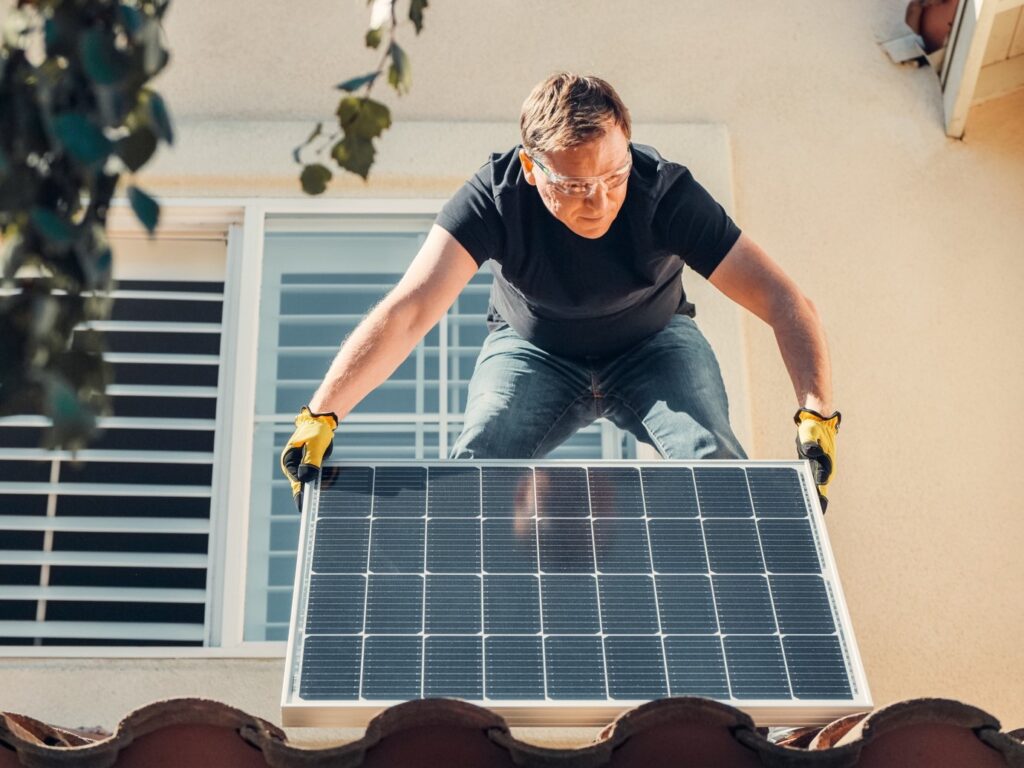Solar power has taken off in Australia in a big way, but until now it has largely been restricted to home installations. A major reason is that, in recent years, generous government subsidies for solar power have been limited to small systems. But what about those huge roofs on warehouses, factories, shopping centres and office parks? At the moment all the fantastic solar energy that falls on them just goes to waste.
Cheap solar power
That could be about to change. Although subsidies for solar power may be decreasing, so is the cost of generating it. The price of solar panels has fallen by over 60% in the last few years, and interest rates are close to the lowest they have ever been. In the meantime, the retail price of electricity has risen sharply.
The result is that, over its lifetime, a solar power system will deliver electricity at a much lower cost than you can buy it from your retailer. The exact cost will depend on the size of the system, the complexity of installation, borrowing rate and overall lifespan of the system (25-40 years is the expected productive life), but figures in the range of 9-15 cents per kilowatt-hour of solar power are achievable, even without subsidies. How does that compare with what you are currently paying for electricity? Looked at as an investment, larger solar power systems on commercial buildings can provide their owners with very attractive financial returns often in excess of 15% pa.
Is it right for you?
If you are thinking about installing a commercial solar power system, there are a few things to consider:
- Can you use most or all of the solar power that you produce? If so, you’ll gain full value for your solar production. Each kilowatt-hour of electricity you make means one less kilowatt-hour you need to buy from your power retailer.
- What price will your retailer pay you for your surplus solar power? Any excess power you make can usually be sold back to your retailer. This feed-in tariff varies from state to state and retailer to retailer. If you will be exporting a significant proportion of the solar power you produce, the higher the feed-in tariff you can negotiate the higher the return on your investment.
- Do you own the building you operate your business from? If not, you’ll need to negotiate with the building owner, and things like the security of your tenancy and how long you plan on occupying those premises need to be considered. On the other hand, you might be able to enter into an arrangement under which your landlord installs the solar power system and you pay the owner for the cleanest electricity you can buy.
- Do you own your building as an investment? The addition of solar power can definitely increase the value of the building, and its attraction to potential or existing tenants. However you will need to work out how to value price and charge for the power produced and used on site.
A commercial solar power system is the perfect accessory for any sun-drenched roof, and with the investment returns currently on offer, it’s also a very sensible choice.


